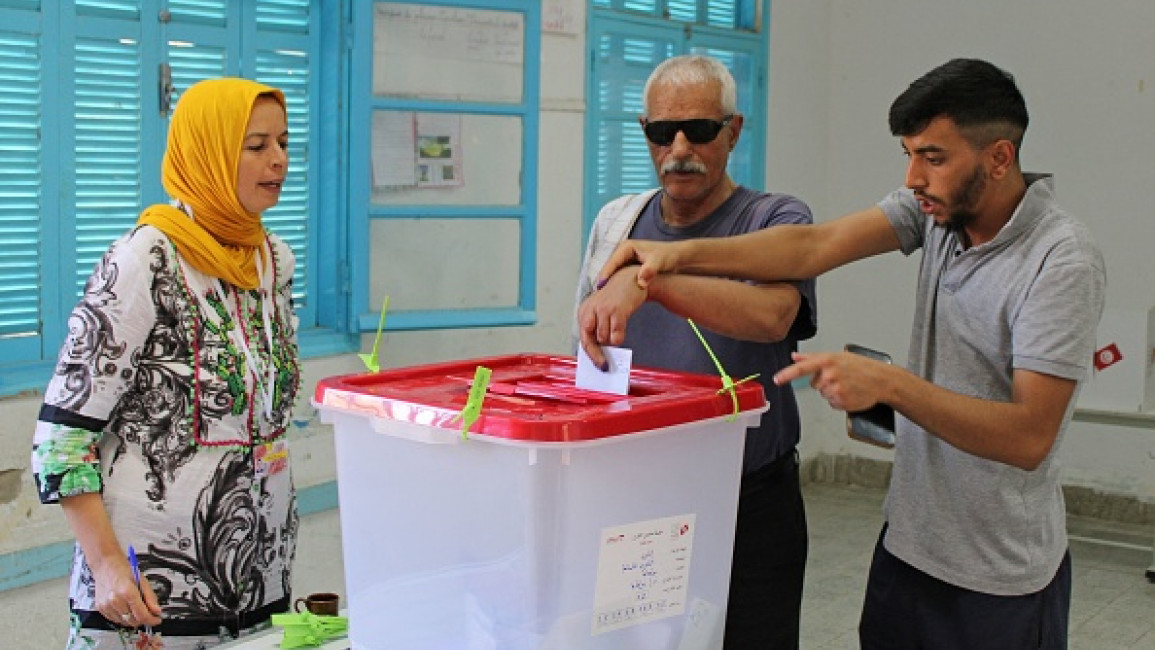Tunisia's new electoral law 'excludes disabled people from public office', rights group says
Tunisian president Kais Saied’s controversial new electoral laws exclude disabled candidates from standing for election, according to a Tunisian rights group.
"For the first time since the Revolution, people with disabilities are not able to run for the 17 December 2022 legislative election under decree No. 55," said Mohamed Mansouri, head of disability NGO Ibsar at a press conference on Saturday.
"In fact, this decree-law excludes the participation of people with disabilities and created obstacles preventing them from running for office, such as collecting a minimum of 400 sponsorships and removing public funding."
Anyone wishing to stand in December's elections had to submit their candidacies by 17 October. Candidates for the upcoming vote have had to fundraise privately, favouring wealthier - and more able - candidates.
According to Ibsar’s statistics, people with disabilities have already stood and participated in seven elections since the Tunisian revolution of 2011.
The new electoral law, announced on 15 September by presidential decree, has been roundly condemned for gutting Tunisia’s party system and handing the president further powers to preside over electoral practices.
It also removed minimum quotas for women and candidates under the age of 35, which had helped Tunisia improve parliamentary representation since the 2011 revolution.
Many opposition parties across the political spectrum have resolved to boycott the upcoming elections on 17 December, arguing that the new law is part of a "coup on constitutional legitimacy".
The elections will be "held under the supervision of a body that is not neutral and is loyal to the ruling authority", Ahmed Nejib Chebbi, leader of the National Salvation Front, said of the new law.



